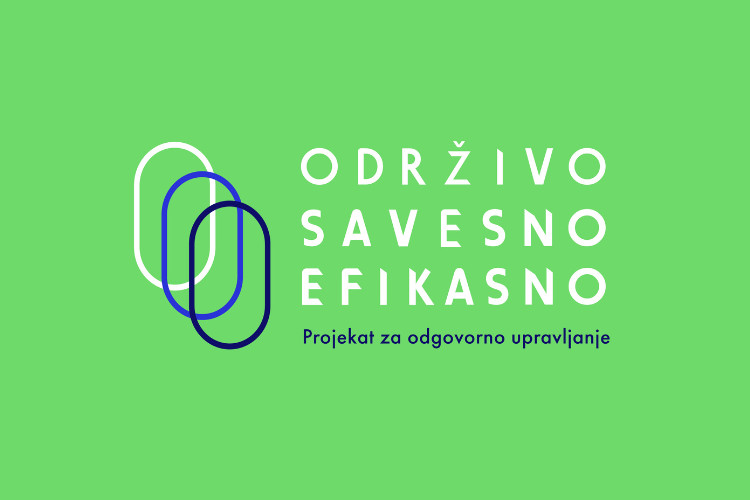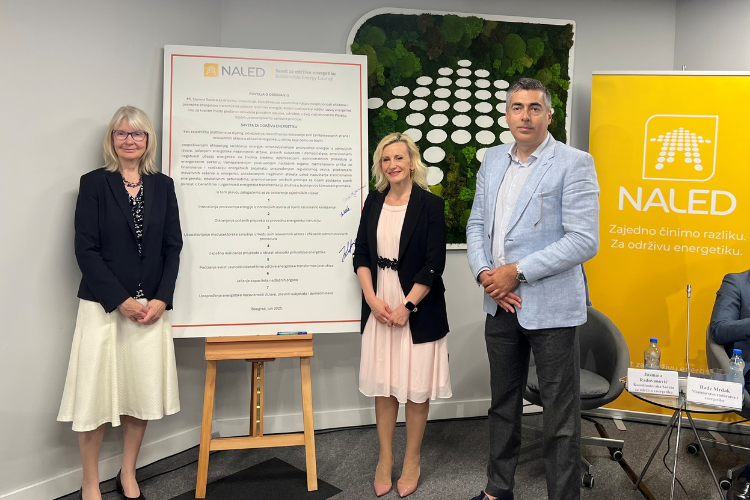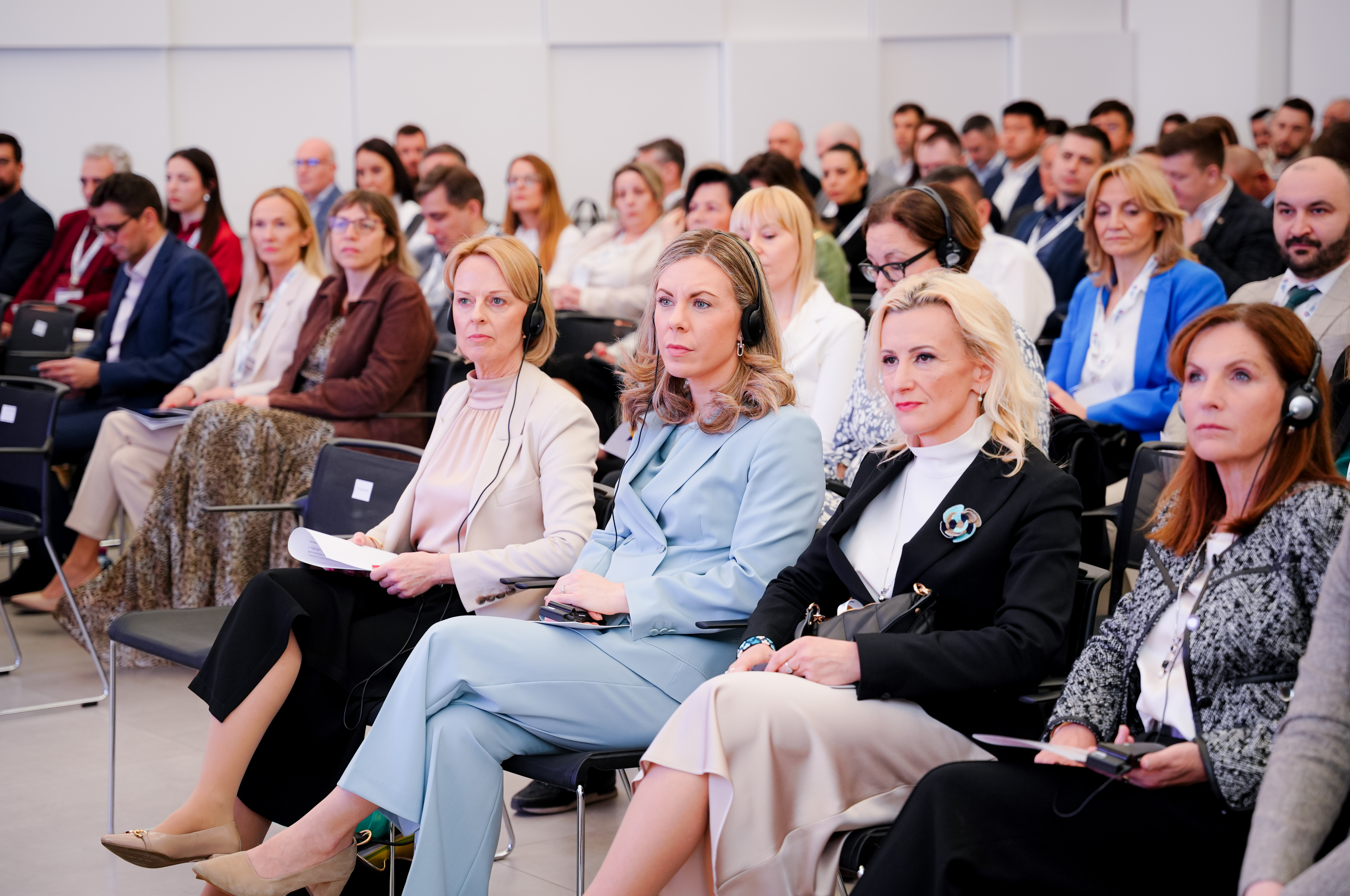Power purchase agreements protect the economy from price changes
Long-term electricity supply contracts, which are widely applied in the European Union, could start to be used on a larger scale in Serbia as well, since, due to the growing demand for green energy, traditional systems do not have to be the only actors that provide energy delivery, but other market participants who increasingly base their production on technologies from renewable energy sources, whose surpluses of produced energy they can sell to other actors who need green energy. This concept of long-term partnership for the sake of ensuring stable prices and safe delivery of green kilowatts can positively affect the stability of the operations of a large number of companies, especially energy-intensive industries such as mechanical, automotive and construction, it was said at the session of the Council for Sustainable Energy.
The session was opened by Jasmina Radovanović, the leading advisor for property and investments in NALED and the coordinator of the Council, who announced that NALED will soon publish the Analysis of Electricity Supply Contracts to the general public, with the aim of strengthening the awareness of the domestic economy about the benefits of this type of procurement, and invited members to join the discussion.
- Our company is closely connected with every market where it operates. There are two production plants in Serbia that are large consumers of energy. This is precisely why we are considering possibilities that would enable us to have a more stable, greener and longer-term supply of electricity - said Dragan Lupšić, director of corporate affairs of the Heineken company, which hosted the session.
Power supply contracts (PPA contracts) are concluded between producers and consumers and define the terms of long-term sale and purchase of electricity, which can usually be different from the market price. They are typically signed for a longer period of time, from 10 to 25 years, with the possibility of fixing energy prices for a shorter period and provide many benefits such as protection from stock market fluctuations and enable the predictability of energy prices for the next period.
Nevertheless, the preliminary results of the NALED Analysis show that 37% of companies in Serbia are not familiar with what PPA contracts are, while 16% are partially familiar. Of the companies that indicated that they had entered into a similar contractual relationship, only 8% of them concluded this type of supply contract with a private entity, mostly companies focused on sustainable development. On the other hand, the majority of businessmen in Serbia (78%) are aware that these contracts will play an increasingly important role in the coming period due to the achievement of ESG criteria in business.
Based on the presented analysis, the members of the Council for Sustainable Energy exchanged opinions and discussed the possibilities of applying the PPA contract in Serbia, but also defined the work plan and priorities for the next period, among which the first work is on improving the regulatory framework for sustainable production and consumption of electricity.
To recall, the Council for Sustainable Energy was formed within the NALED Property and Investment Alliance, with the support of the Swedish Government, within the project "Enhancing competitiveness through more effective public procurement and sustainable supply chains".




